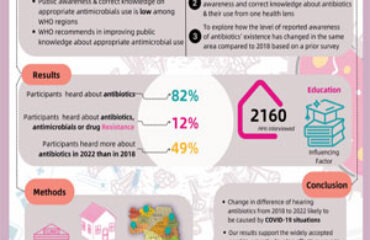
Abstract:
Obesity is one of the major contributors to the excess mortality seen in people with severe mental illness (SMI) and in low- and middle-income countries people with SMI may be at an even greater risk. In this study, we aimed to determine the prevalence of obesity and overweight in people with SMI and investigate the association of obesity and overweight with sociodemographic variables, other physical comorbidities, and health-risk behaviours. This was a multi-country cross-sectional survey study where data were collected from 3989 adults with SMI from three specialist mental health institutions in Bangladesh, India, and Pakistan. The prevalence of overweight and obesity was estimated using Asian BMI thresholds. Multinomial regression models were then used to explore associations between overweight and obesity with various potential determinants. There was a high prevalence of overweight (17·3 %) and obesity (46·2 %). The relative risk of having obesity (compared to normal weight) was double in women (RRR = 2·04) compared with men. Participants who met the WHO recommendations for fruit and vegetable intake had 2·53 (95 % CI: 1·65–3·88) times greater risk of having obesity compared to those not meeting them. Also, the relative risk of having obesity in people with hypertension is 69 % higher than in people without hypertension (RRR = 1·69). In conclusion, obesity is highly prevalent in SMI and associated with chronic disease. The complex relationship between diet and risk of obesity was also highlighted. People with SMI and obesity could benefit from screening for non-communicable diseases, better nutritional education, and context-appropriate lifestyle interventions.


